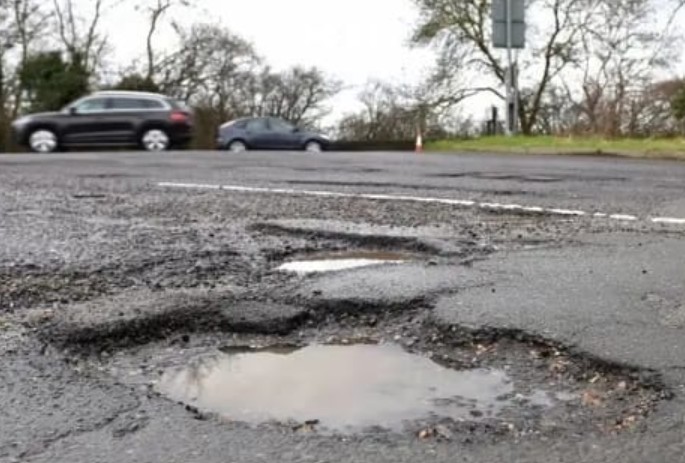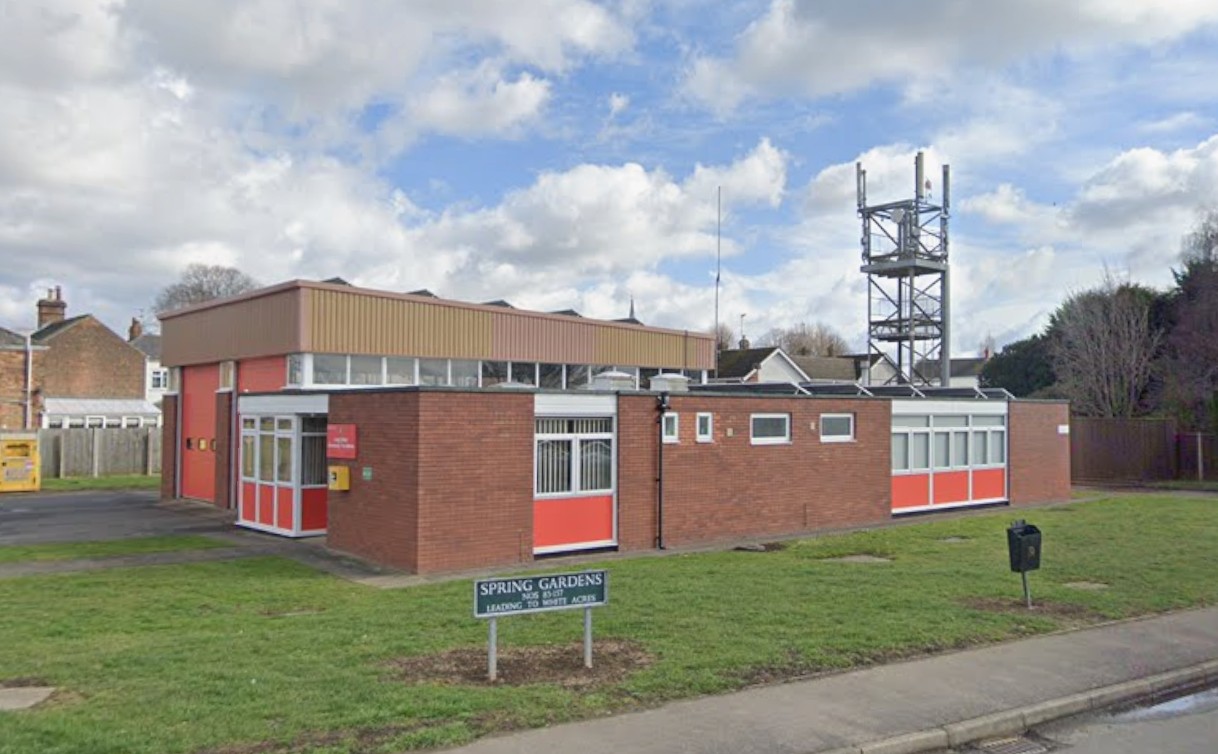As the Brexit shambles continues to roll on, the uncertainty for the many not the few is a true concern now.
I note the latest RPI figure shows inflation running at 2.6 per cent.
During the later part of September the UK Government’s Office for National Statistics (ONS) released the latest retail price index (RPI) figure. It shows that prices are up 2.6 per cent from a year ago.
Fares and other travel costs are up 6.4 per cent – rail fares cost 3.5 per cent more than last year. Bus and coach fares are up 2.3 per cent over the same period but other travel costs have increased by 7.7 per cent.
Fuel and light are up 6.1 per cent – the price of fuel and light continues to rise. Electricity costs 9.6 per cent more.
Coal and other fuels are well above inflation at 3.9 per cent and the price of gas has gone up 3.2 per cent.
Clothing and footwear are up 4.9 per cent – the price of women’s clothes has risen 8.8 per cent while men’s outerwear is up 5.5 per cent more expensive than last year.
Leisure services are up 3.4 per cent – the price of holidays in the UK has risen 5 per cent over the past year while foreign holidays are up 3.6 per cent. Staying at home to watch TV is also hitting the poorer people with television licences and rentals up 4.6 per cent.
Catering is up 3.1 per cent – the cost of eating out is also rising faster than inflation. Take-away meals and snacks are 3.5 per cent more expensive than last year and restaurant meals are up 2.9 per cent.
So why the RPI for negotiations? The Retail Price Index reflects the actual price rises experienced by workers. The RPI has been going since 1947. It is still used to decide prices such as mobile phone bills, rail fares, student loans and sin taxes, such as alcohol.
Some employers prefer the Consumer Price Index (CPI) which the government introduced in 2004 as a measure of inflation. It does not include the price rises for our mortgages or foreign holidays.
But be aware, if the government have their way they would like to eliminate the RPI over the next ten years. The government want to replace the RPI with a statistic that generally produces a much lower figure. This will be used in a cynical attempt to permanently cap the expectations and pay of public sector workers. But no doubt employers across the board will try and use this move to offer worse terms and conditions.
There must be a better way, let’s keep publishing the real cost of living and why would you vote for a government that keeps you worse off?
Rodney Sadd
Carrington Road
Spalding






